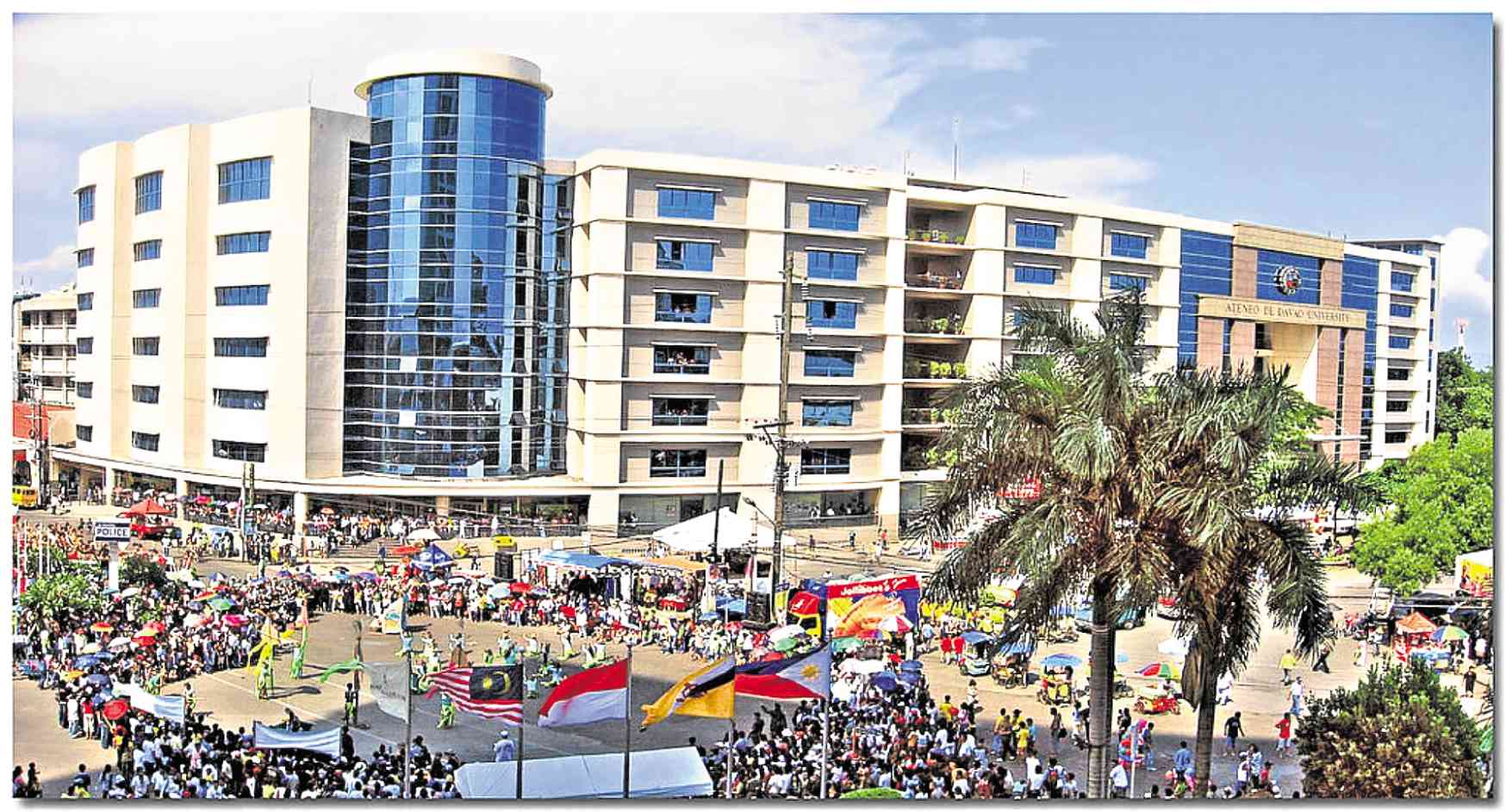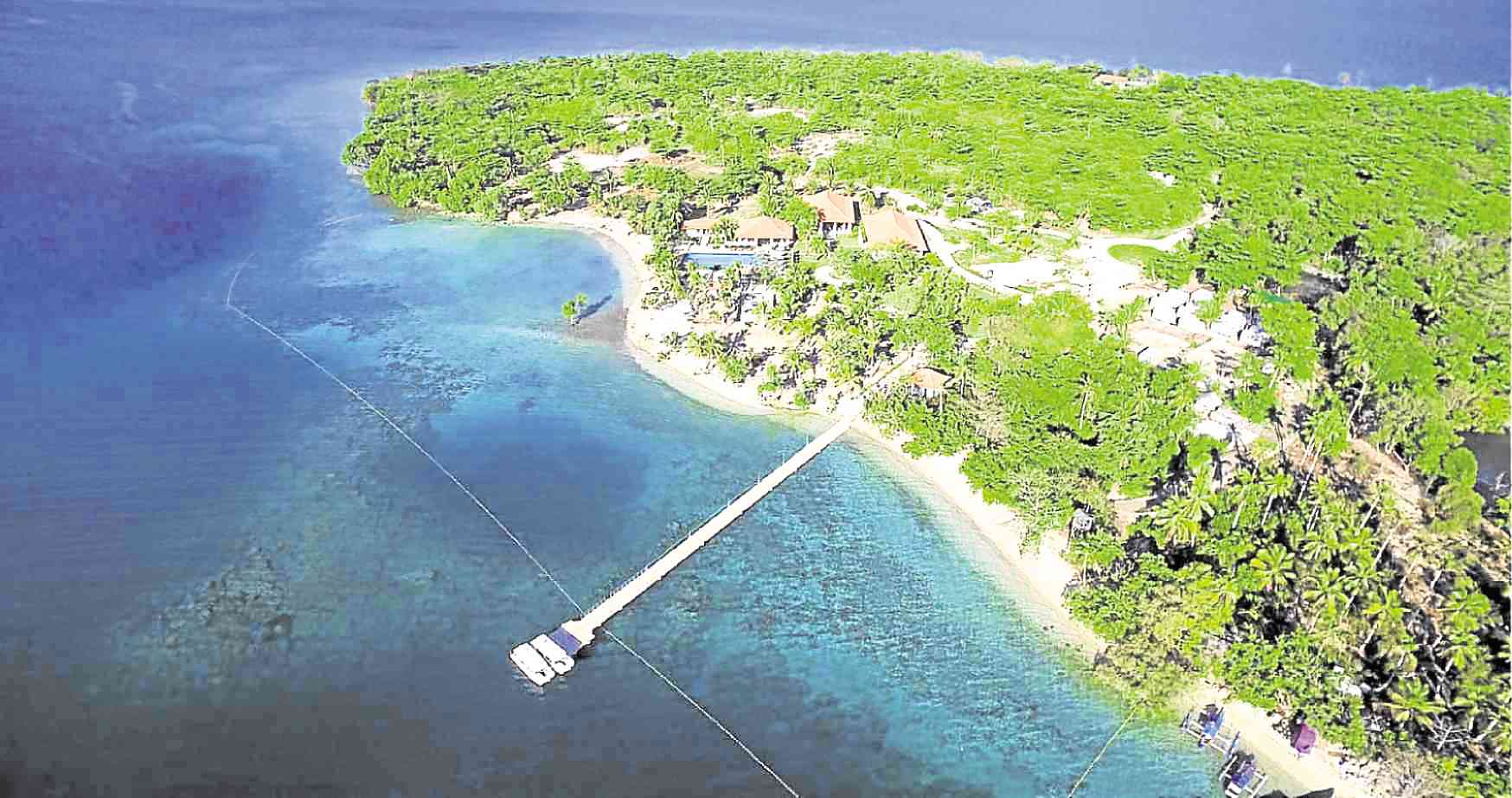It has been tagged as one of the fastest growing regions today, a growth hub where opportunities are said to abound.
Over the last several years, investors have taken a renewed keen interest in Davao Region, particularly Davao City which, due to its strategic location, is regarded as a “regional trade center for Southern Mindanao; international trade center to the Southern Pacific; and Southern Gateway more particularly to and from the neighboring countries like Indonesia, Malaysia, Brunei, Australia, among others.”
And it’s not without reason.
Economic landscape
In 2017, Davao Region posted the second fastest growth in gross domestic product at 10.9 percent, according to the Philippine Statistics Authority. And it is likely, according to government officials, that this strong performance could be replicated in 2018, wherein the region’s GDP may hit anywhere between 9.5 percent and 10.5 percent.
The region also offers a sustainable economic landscape, according to the Department of Trade and Industry (DTI).
This, according to the agency, can be “attributed to (the region’s) vast natural resources, reliable facilities, conducive business environment, and competitive human resources. Its existing road network, airport and seaport facilities efficiently support both travel and trade, making it a major gateway to the Asean and Pacific economies.”
It also helped that the incumbent president hails from this region, and has a policy hinged on aggressive infrastructure development and decentralization, as an effort to spread the growth outside Metro Manila. This has helped thrust Davao City into the spotlight and well within the radar of local and foreign investors.
Beyond agriculture, Davao Region is also home to many flourishing businesses, including outsourcing and offshoring. In fact, Davao City has been named as a center of excellence, given the growth and maturity of the IT-business process management industry in this area.
Meanwhile, data from PSA further showed that in 2017, the services sector accounted for the biggest share of its economy at 49 percent, followed by industry, and agriculture hunting, forestry and fishing.
More specifically, the services sector included transportation, storage and communication; trade and repair of motor vehicles, motorcycles, personal and household goods; financial intermediation; real estate, renting and business activities; public administration and defense; and compulsory social security, among others.
Expanding presence
True enough, as far as real estate companies are concerned, many of the country’s top players are expanding aggressively in Davao Region, particularly within Davao City.
Online property portal Lamudi Philippines earlier cited Davao City to be among the top 20 most popular cities for residential property searches and inquiries, while JLL Philippines reportedly said that more residential condominium projects are expected to enter provincial markets such as Davao City.
Property developers, which include Anchor Land Holdings, Sta. Lucia Land, Avida Land, and Camella Homes, are among those that have been betting big on Davao City, all aggressively expanding their reach to capture the chunk of a continuously rising property demand.
Indeed, there are many reasons to invest and be in Davao, ride that wave of sustained growth, and take advantage of the lucrative opportunities presented by a booming economy.



